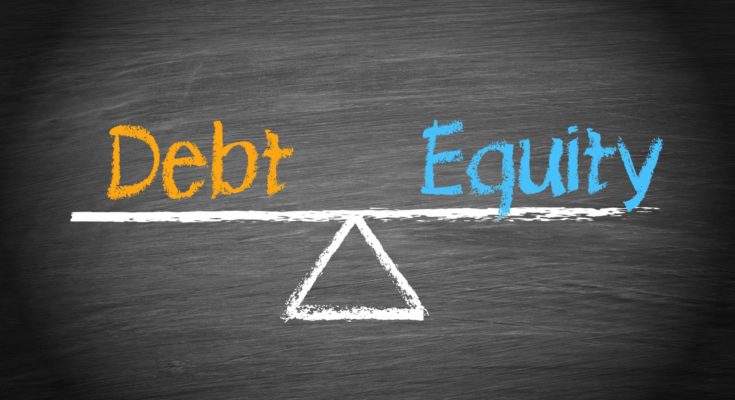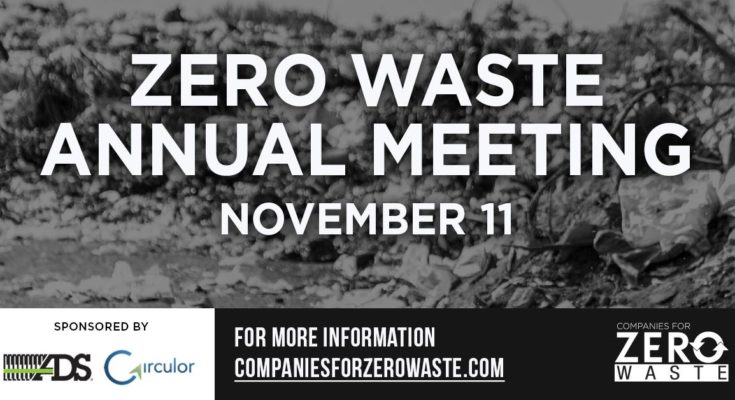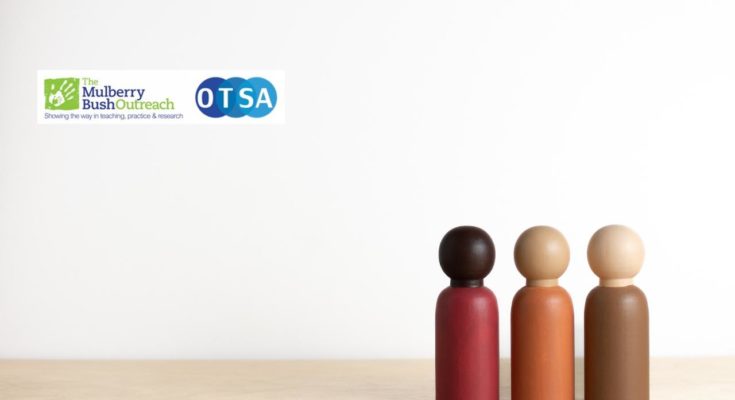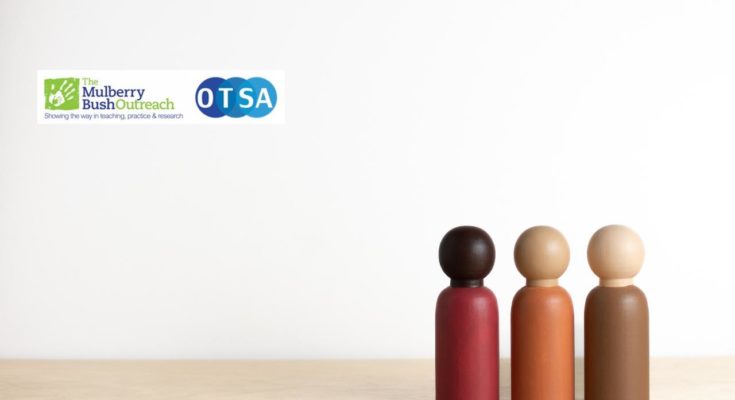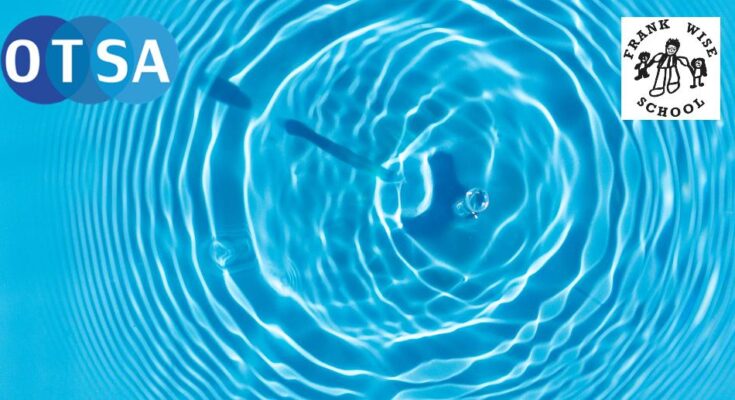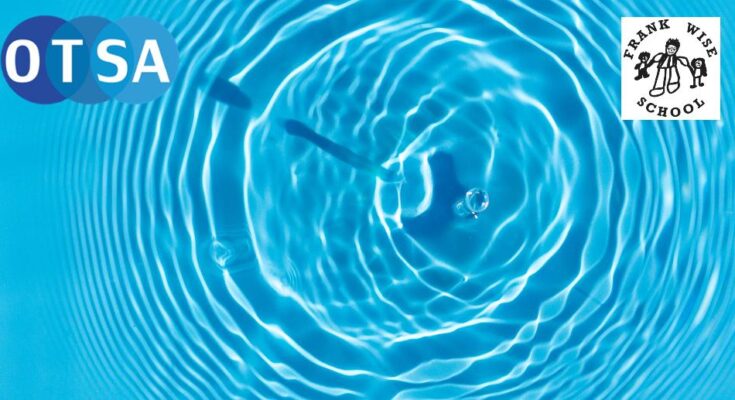1 Million plus $1,400 stimulus checks have now been sent. So who got paid? A new batch of $1,400 stimulus checks was sent, bringing the full amount of payments made to approximately $164 million, or nearly $386 billion.
Direct deposits and paper checks
Payments exceeding 1.1 million were sent this round, marking more than $2 billion. Nearly 600,000 of these payments were done through direct deposit, while the others were sent through paper check. In March, President Joe Biden assented to the American Rescue Plan Act into legislation and paved the way to the disbursement of a third stimulus check.
The America Rescue Plan Act of 2021 is a coronavirus rescue package valued at $1.9 trillion that aims at facilitating the nation’s recovery from the economic and health effects of the pandemic. Some of the contents of the package include direct stimulus payments of $1,400, stretching unemployment compensation, furthering eviction and foreclosure moratoriums, and boosting the Child Tax Credit as well as making it fully refundable.
Payments made after IRS processes tax returns
These new payments are the eighth batch issued since Congress green-lighted the checks in March. Payments were up to $c,400 for every individual, in addition to $1,400 for every eligible dependent, as long as the recipients fit in particular income thresholds and tick other boxes.
Much of the funds sent this time were prompted when the IRS processed tax returns. Over 585,000 payments that total $1.2 billion were made to people that the IRS didn’t previously have in their database as they filed their returns recently.

“Plus up” payments
This latest set also had over 570,000 “plus-up” payments that totaled nearly $1 billion to persons that the IRS found eligible for new or additional amounts after going through their tax returns. Those eligible for “plus-up” payments include those who filed their 2020 tax return and their income in 2020 was lower than that in 2019, enabling them to fit into the right eligibility thresholds, or if they had an additional dependent in 2020.
The government intends to go on making new payments on a weekly basis. The government is also encouraging those who don’t normally file taxes to submit their returns this year so as to receive their funds, including the rural poor and homeless.
Eligibility for each stimulus check
You are in general eligible for every stimulus check, so long as your modified gross income goes up to $75,000 if alone. You are also eligible if you file $112,500 as the returns as a head of a household or $150,000 if in marriage and filing jointly. However, each of the stimulus checks carries its own batch of eligibility rules, especially in relation to phaseouts beyond those income thresholds and dependent eligibility. To figure out more about why you may or may not make the cut for the money, the IRS has provided information on the initial $1,200, second $600, and third $1,400 payments on its site.
Federal beneficiaries are also urged to file tax returns to enable qualified dependents to also get their stimulus money. The Social Security Administration released a statement calling beneficiaries to file for the recovery rebate credit. This is in case they failed to secure the first $1,200 or second $600 checks.
Filing of tax returns not only enables the government to determine whether you are due for more stimulus money. Filing your taxes can also aid in assessing whether you are eligible for more tax credits. For example, child tax credit or earned income tax credit.

According to the Treasury:
“For example, some federal benefits recipients may need to file a 2020 tax return – even if they don’t usually file – to provide information the IRS needs to send payments for a qualifying dependent. Eligible individuals in this group should file a 2020 tax return as quickly as possible to be considered for an additional payment for their qualifying dependents.”
People who usually don’t file tax returns and don’t get federal benefits may meet the threshold for Economic Impact Payments. Examples of such people include those who are homeless, the rural poor, among others. Furthermore, individuals who didn’t receive a first or second batch of Economic Impact Payment or received less than the whole amount may qualify for the 2020 Recovery Rebate Credit, though they’ll have to file a 2020 tax return.
Recommended next, XOLO Helps You Start & Run Your One-Person EU Company


